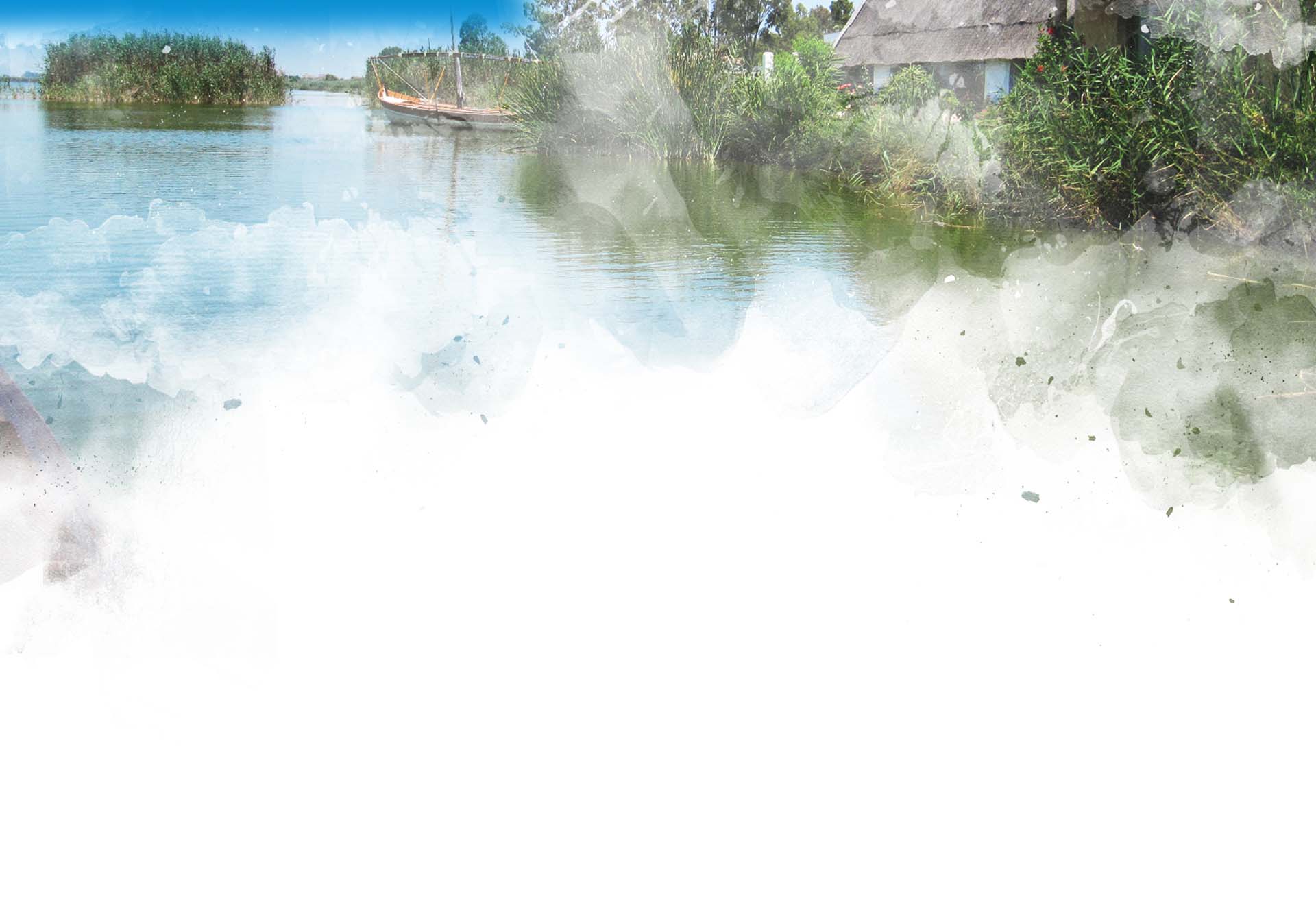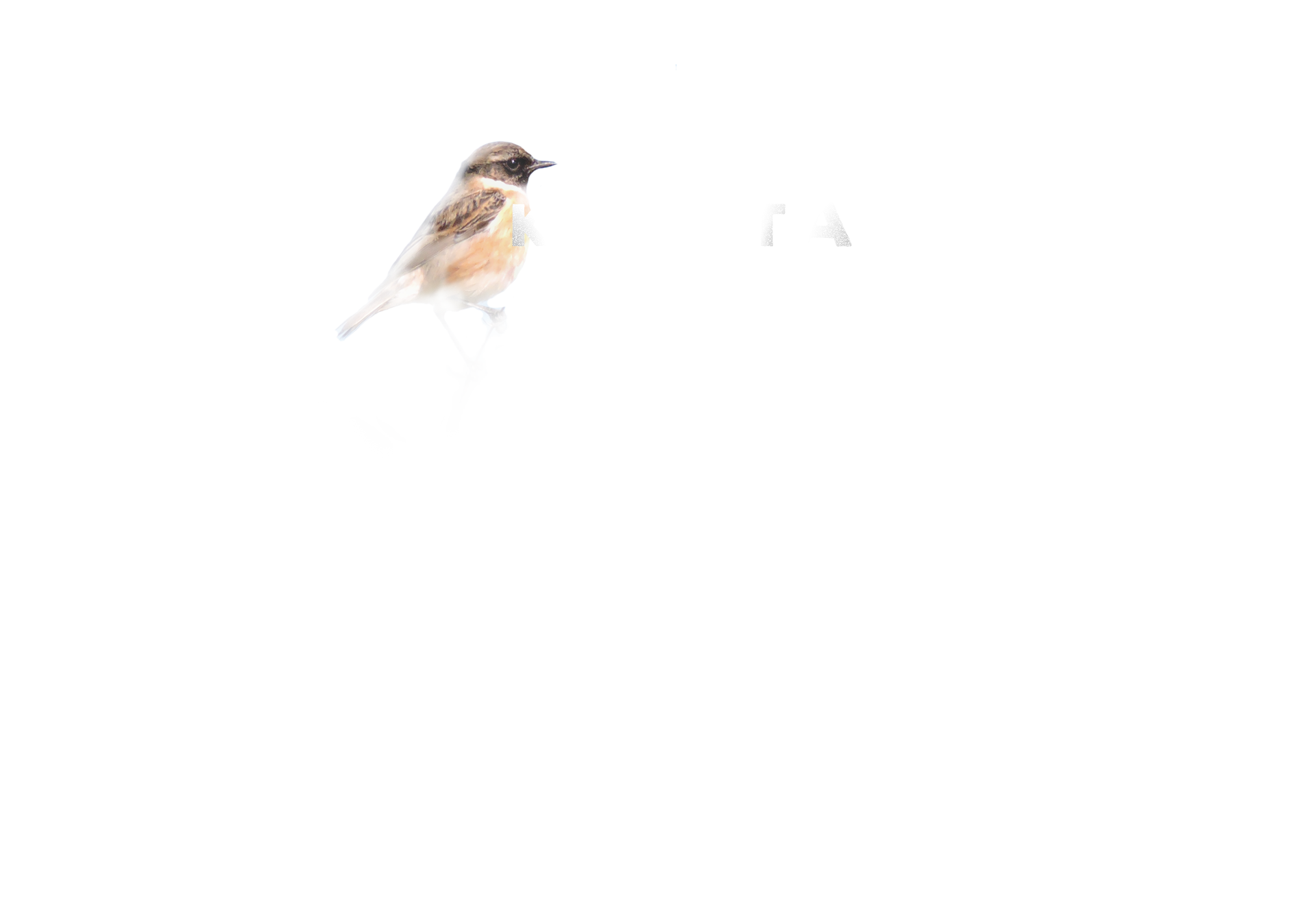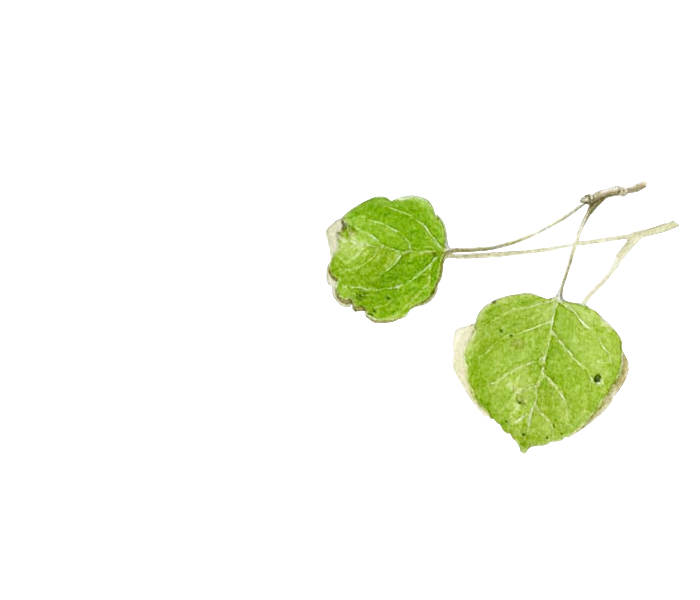




| term | definition |
|---|---|
| Anoxia (Hypoxia) |
Lack of oxygen in the blood, cells or body tissues. // Lack of oxygen. This can occur in the climate, living tissues, oceans and other bodies of water. |
| Anthropic |
Pertaining to humans // Of or pertaining to humans (associated with, influenced by, pertaining to or contemporary to them) construed as the human species or human beings (etymologically, it comes from the Greek, άνθρωπος -anthropos-). It is used primarily in scientific contexts (biology, Earth science, physics and cosmology). The concept of that which is anthropic is usually used in opposition to that which is natural (in the same way as the concept of nature is used as opposed to the concepts of man or culture). |
| Biotope |
A physical space occupied by a biocoenosis or a community of animal and plant species. // A biotope refers to an area of uniform environmental conditions that provides a space to live for a set of flora and fauna. Biotope is almost synonymous with the term, habitat, except that a habitat refers to species or populations whereas biotope refers to biological communities. It derives from the German word, "Biotop", which in turn comes from the Greek: “bios” = life or organism, and “topos” = place. |
| Cyanobacteria |
Blue-green bacteria that live in moist environments and can perform photosynthesis. |